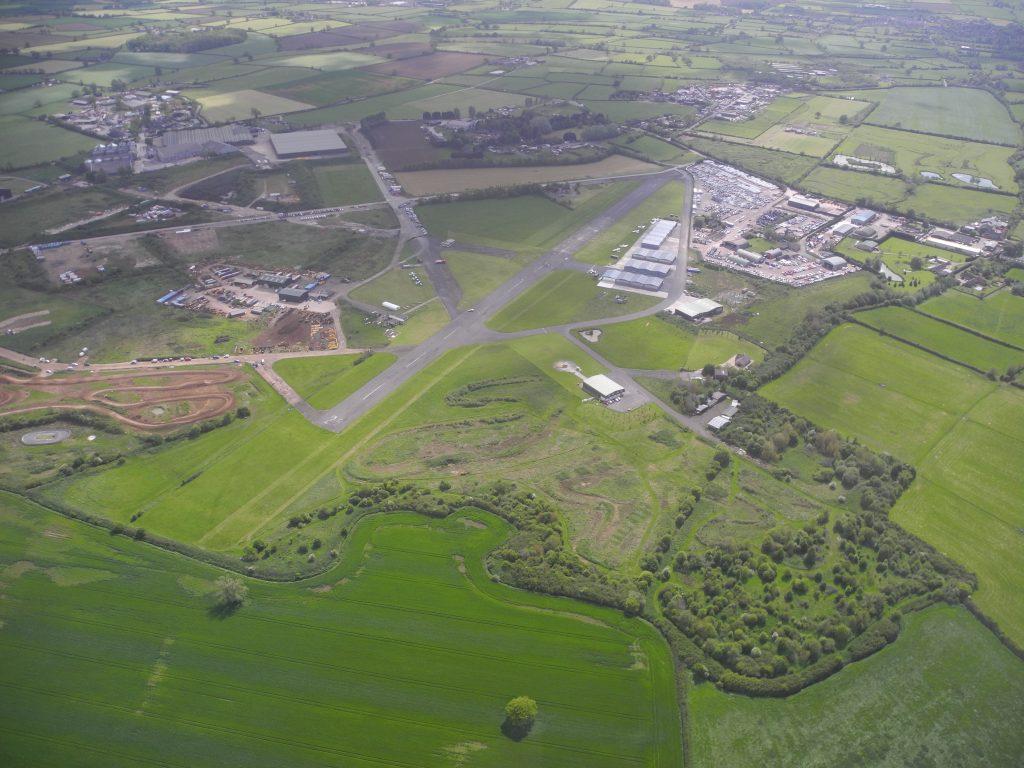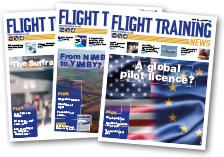The General Aviation Awareness Council (GAAC) is an organisation founded by UK General Aviation associations, supported by commercial and professional bodies, to try to ensure that GA activity in the UK does not decline, while elsewhere, particularly in Europe, its expansion – whether in business flying, pilot training, sport, recreation or other forms – is publicly and privately encouraged.
In a recent meeting with the Minister for Aviation, the GAAC presented a Briefing Paper outlining the importance of General Aviation (GA) to the UK economy and setting out the basis for maintaining a network of active GA airfields. According to the briefing paper, a copy of which has been seen by FTN, GA actively provides employment for nearly 40,000 people and directly contributes £3billion to the national economy. Just as importantly, GA provides the ‘grass roots’ environment to inspire, encourage and train the range of aviation skills needed in the significantly larger commercial aviation industry.

The GAAC regards the existing network of airfields as the minimum required for current levels of General Aviation (GA) activity in the UK and question whether the existing network can cope with the increase in GA that can reasonably be expected over the coming 5 to 10 years.
In particular, the GAAC says that GA needs the protection of specific legislation to safeguard airfields – perhaps along the lines of that already in place to protect Railway Stations. It says the Government needs to clarify the current planning situation with regard to the status of airfields and remove the general confusion over the ‘Brownfield’ criteria that must be satisfied before an airfield can be redeveloped. According to the GAAC the current planning “policy” is both ambiguous and inconsistent, leaving airfields very susceptible to development. Clarity is needed now to ensure protection is given remaining airfields and suitable support and guidance given to Local Planning Authorities.
In addition to the loss of airfields, the GAAC point–out that the most serious outcome of the existing situation is the deterrent effect of uncertainty on long term investment in airfields. It also hinders investment in new aviation facilities and equipment such as runway lighting, all weather runways (to increase operational hours) and satellite, radio, navigation and flight safety aids. To overcome this disadvantage and catch up with overseas competitors the UK needs to create an environment conducive to private (and public) investment in facilities, training and equipment.
The GAAC also points out that if the Government plans to expand GA it should take this opportunity to increase the synergy between GA and military aviation by exchange of personnel and improving access to military airfields. In the current financial climate, the GAAC says that it seems sensible for the military and GA to discuss blending requirements and usage in conjunction with security-based contingency planning needs in the short/medium/long term. There is also recognition within GA of the changing role of grass airfields, a view that could be summed up as “local recreational and natural habitats where aviation takes place.” It is already accepted that those parts of an airfield not directly required for aviation and safely located in terms of the circuit pattern can and should be used to benefit the community. This concept could be developed to provide more and better facilities if legislative changes made long term investment viable according to the Briefing Paper.
In response, the GAAC have been asked to identify those GA airfields which could be part of an essential network so that Government could consider some form of National Policy to protect these at least. Such a policy would stop losses such as Manston, Dunsfold and many others. Accordingly, the GAAC are inviting submissions with evidential reasons as to why a particular airfield should be part of this essential network.
The GAAC say that reasons to be considered could include:
- Contribution to the UK Economy
- Contribution to the local economy
- Sport (eg Competitions leading to UK participation in World/Local events)
- Microlight Training
- Gliding Training
- Fixed Wing or Rotary Training
- Professional Flight Training
- Heritage
- Isolation (eg remote airfield serving local community)
- Proximity (for example, the closure of Panshanger has resulted in Elstree becoming ‘full’ and unable to accept more training or parking)
The GAAC say that this list is indicative, not exhaustive, and there may well be other reasons to support a specific airfield.
The GAAC can be contacted via: www.gaac.org.uk







